Working in Vietnam, Tomomi, a Japanese employee, was surprised to see her colleagues hugging pillows and sleeping in the office after lunch.
"When I first came to Hanoi to work early last year, the scene I witnessed during lunch break was the office lights turned off and my colleagues went to sleep," Tomomi, 27, an employee of a Japanese construction company in Vietnam, told VnExpress .
Tomomi said she was very surprised by this, because in Japan, people often take advantage of their one-hour lunch break to continue sitting at the computer, preparing for the next job in the afternoon shift.
Like Tomomi, many foreign employees who have just arrived in Vietnam are surprised to see their colleagues sleeping on the company floor during lunch break.
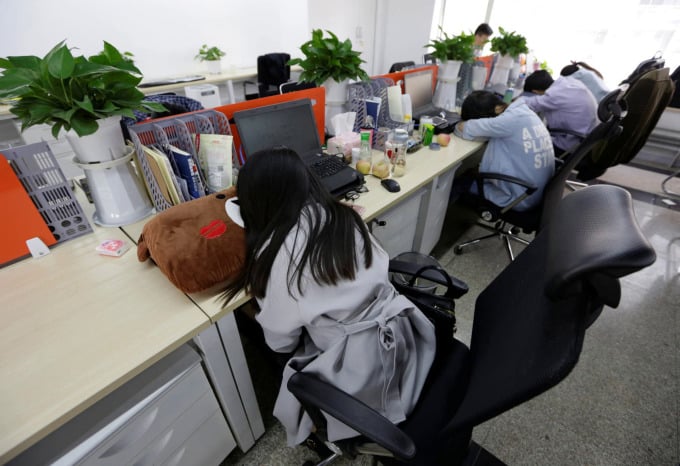
Company employees take a nap at an office in Beijing, China. Photo: Reuters
"The office, which was usually very busy, suddenly became quiet just 20 minutes after lunch. People took a nap on their chairs, put their heads on their desks, or spread cushions on the floor," said Mark, a 31-year-old American who is an English teacher in Ho Chi Minh City.
Mark said he was initially surprised to witness this scene, because napping in the office in the US is considered "very strange", and employees can even be judged by their bosses as "not hard-working".
However, after more than a year of living and working in Hanoi, Tomomi noticed that Japanese managers sometimes take a nap at noon when the weather turns hot. She understood that napping is a common "cultural feature" in Vietnamese life, from school to office, and decided to experience this during a hot summer afternoon, after a sleepless night of work the night before.
"One afternoon in July, I decided to skip a meal and take a 30-minute nap. That afternoon, I was surprised to feel as alert as if I had just had coffee after 10 minutes of waking up exhausted," Tomomi said about her first nap in her life.
During his six years of teaching in Ho Chi Minh City, Mark also took a 30-minute nap if he didn't get a good night's sleep the night before. The only problem, he said, was that students often had a harder time learning in class after a nap. "They don't get enough sleep at night and use the afternoon as a catch-up nap," the American teacher said.
In a 2017 article, Nikkei Asia called napping an “effective way to balance work and life.” Commentator Atsushi Tomiyama suggested that students and office workers taking naps after lunch “could be a lesson in Japan’s harsh work culture.”
Vietnam is not the only country with this culture. Taking a nap is a tradition in many hot climates around the world, even in southern European countries like Spain and Italy.
In these countries, working hours are structured around the hottest time of the day. Traditionally, Spaniards work from 9am to 2pm in the morning shift, take a 2-hour lunch break, and return to work from 4pm to 8pm.
"The break time in Spain is often too hot to do anything, so we have a culture of taking a nap, or siesta . Northern Europeans laugh at us for this habit, but it's a way to refresh ourselves and be able to work until night," said Alberto, from Barcelona.
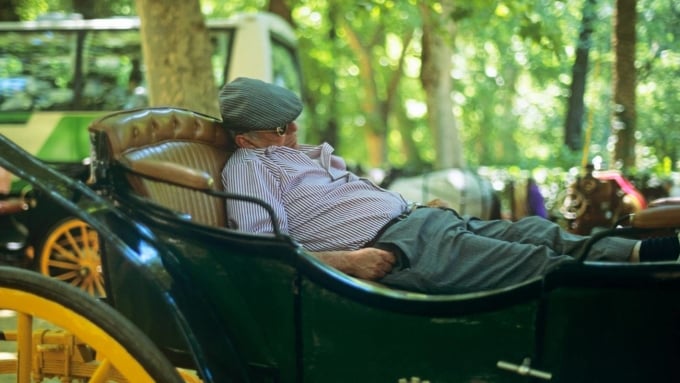
An elderly man takes a nap in Salamanca, Spain, in 2018. Photo: Stuff
Mark and Tomomi both believe that Vietnamese companies should not ban employees from taking naps in the office if they think it "could shock foreign partners and affect the company's image."
“We understand that this is not a unique habit in Vietnam, but also in countries with hot climates,” the two said, adding that it is important for employees to wake up on time and ensure productivity during the afternoon shift.
Mr. Scott, 50 years old, an American manager working in the education sector in Hanoi, commented that Western working culture "focuses too much on maximizing working time, cutting down on lunch breaks and disregarding naps".
In New York, more and more people are turning to mid-day naps to stay alert. Some are even paying for a fast-growing napping business that is catering to the sleep-deprived American population.
If done correctly, a good nap can play an important role in improving your quality of life. "Napping helps consolidate memories, promotes the conversion of short-term memories into long-term memories, and can improve your mood for the rest of the day," says Michael Breus, founder of Sleep Doctor, a sleep health clinic in Arizona, USA.
Working in Vietnam, Mr. Scott sometimes takes a quick nap during lunch "without fear of being judged." "I love the work culture here. There's nothing like having a cup of black iced coffee after a nap, starting the afternoon with fresh eyes," he said.
Duc Trung
Source link


![[Photo] Prime Minister Pham Minh Chinh receives Mr. Jefferey Perlman, CEO of Warburg Pincus Group (USA)](https://vstatic.vietnam.vn/vietnam/resource/IMAGE/2025/4/18/c37781eeb50342f09d8fe6841db2426c)





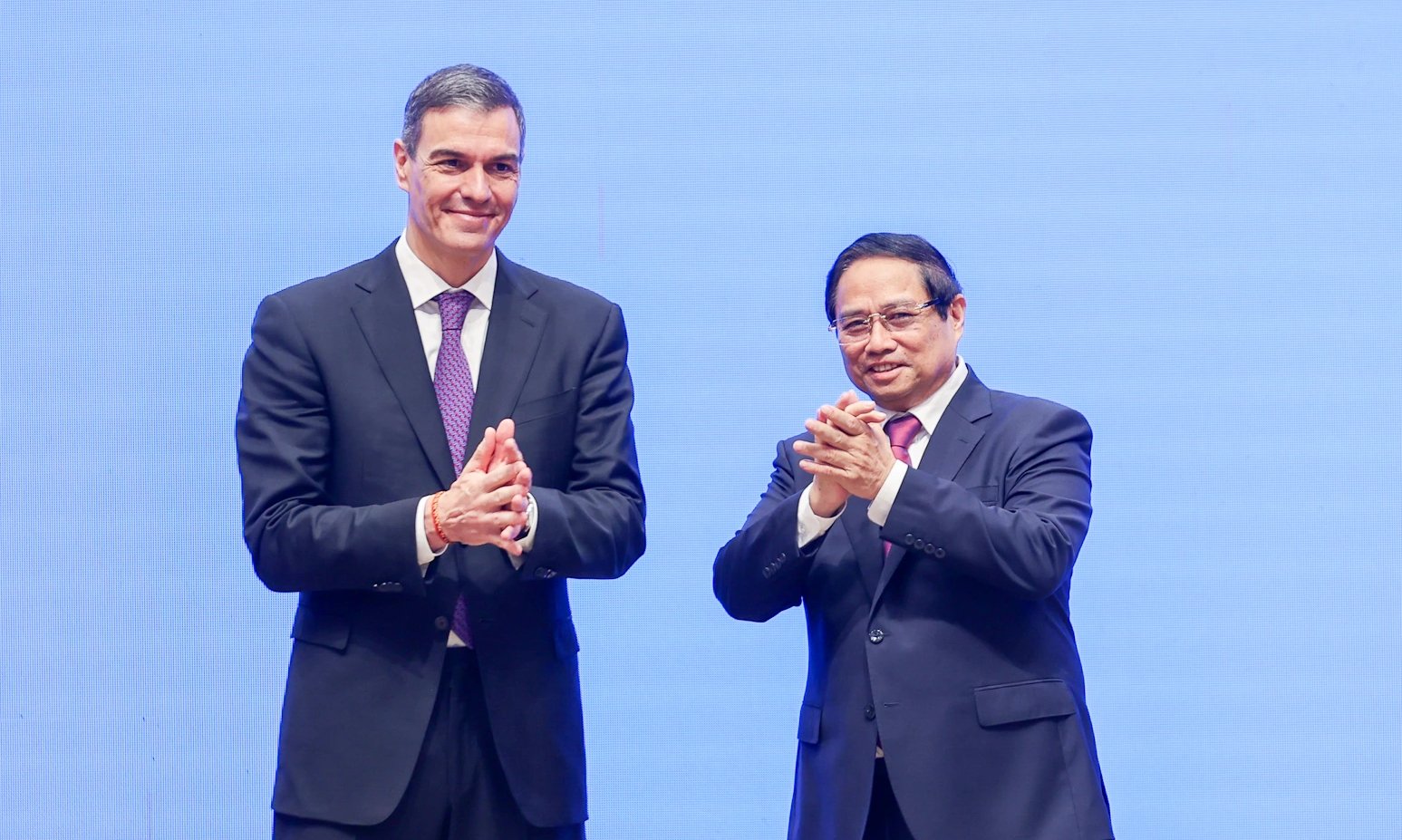







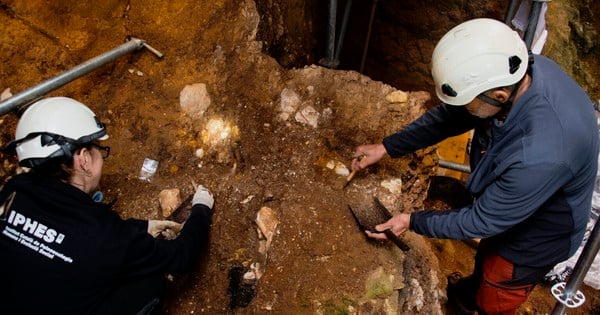
















































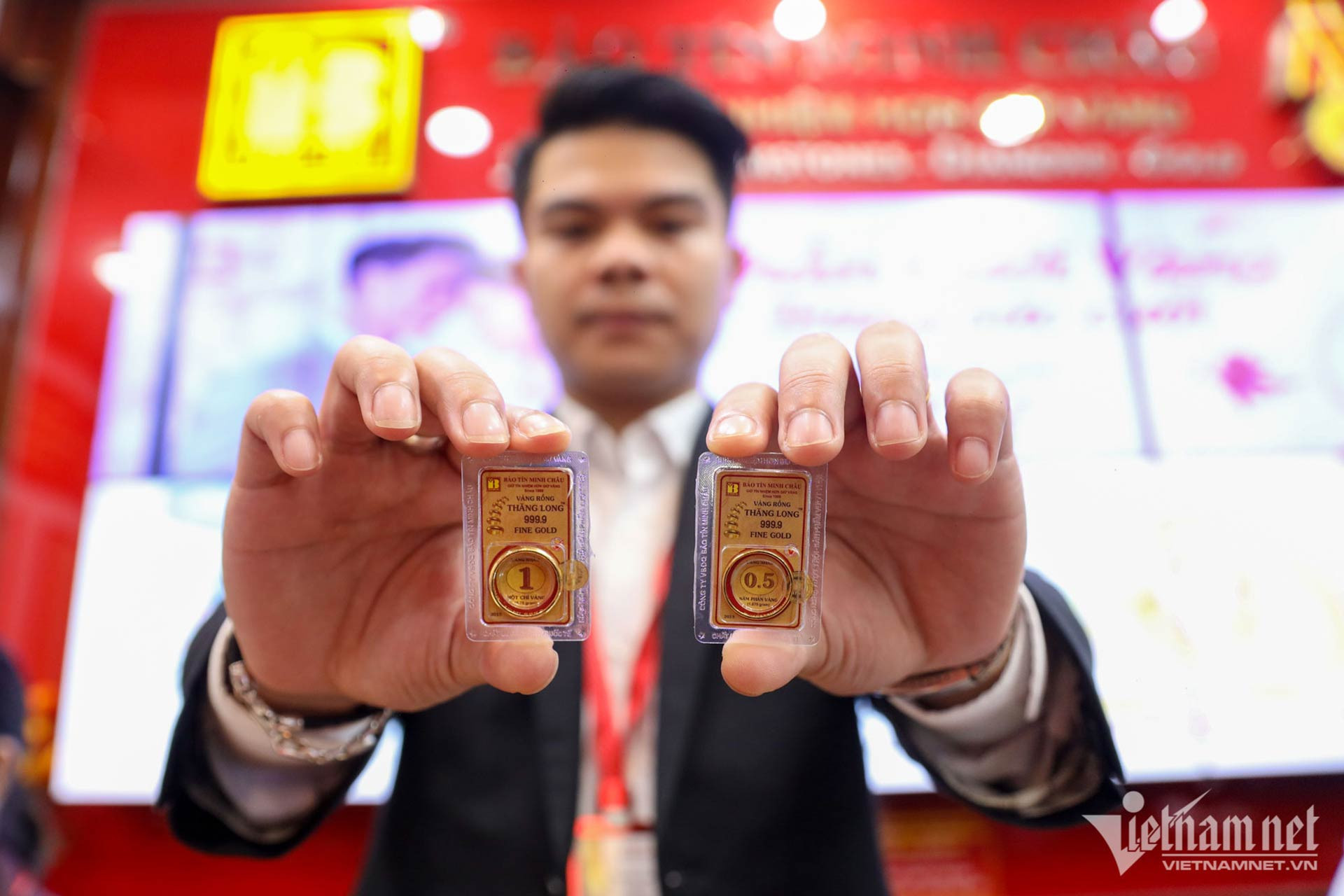

































Comment (0)